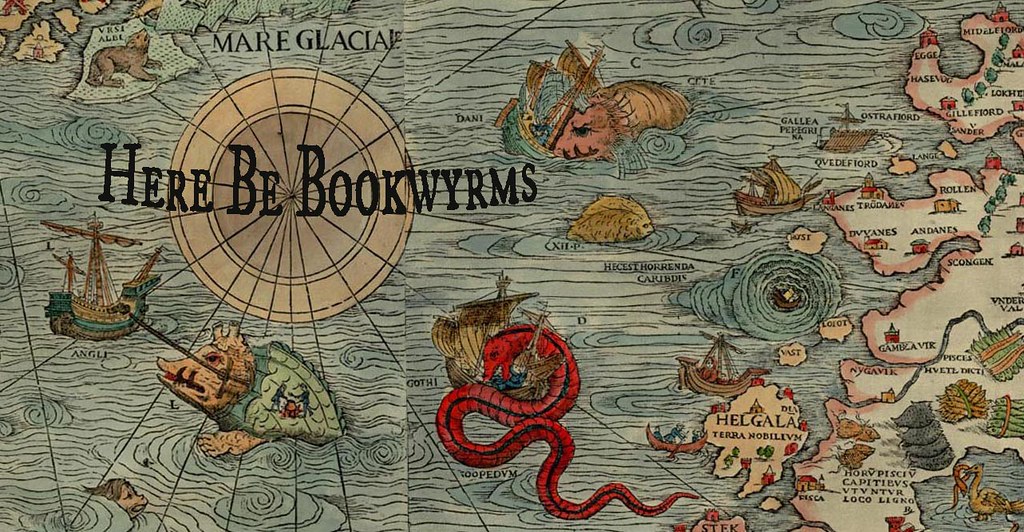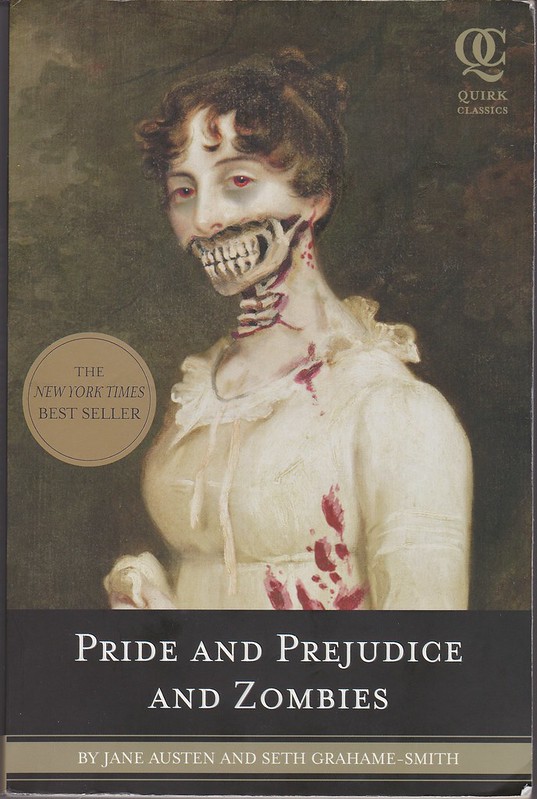Mockingjay by
Suzanne Collins, as I am sure at least most of you know, is the final installment of the widely popular
Hunger Games trilogy. It picks up a little bit after the final events in
Catching Fire, so we've got a little catching up to do with Katniss as to what the heck is going on. Probably you already had a clue, though, because it's not entirely difficult to figure at least most of that business out. She's managed to survive the arena again, but the reality of what is going on in the districts and in the Capitol is overwhelming at best. The pattern continues that every decision she makes, thought-out or not, seems to result in torture or loss of life, but the rebels want her to become the public face and voice of the revolution. Do the potential benefits of this outweigh the certain consequences it will have on the prisoners of the Capitol? Or will she just end up doing more damage than actual good? Will the districts succeed in overthrowing the Capitol, or will things just end up worse for everyone than before?
-----------
I was originally reading something else for my non-school book, but I got kind of bored with that, what with its Wall Street-central plot, so when Mockingjay finally came in the mail, I decided to go ahead and read this one instead (although I did re-read the first two in the trilogy before starting on it...you know you would have done the same). Anyway, I got through this book very quickly, as I did the others. Collins has a true talent for writing a hell of a page-turner, and I think it is to her credit that she manages to write a story that appeals so deeply to so many people, without having any sex in the plot. I mean, okay, there is some pretty obvious sexual tension, but I'm talking about some sexytimes action scenes. I'm pretty grateful for that, actually, because I'm sure that would have made Katniss about a million times more confused about her conflicted feelings for Gale and Peeta, and I had enough vicarious anxiety to deal with, without all that nonsense.
As for regular ol' action, though, there is plenty of that to go around, especially toward the end. This kind of book is difficult to write a review of partly for that reason - I would hate to be less vague and inadvertently include spoilers, but trust me when I say that shit is going down all over the place here. Having read the book finally, I'm more excited to see how they'll present it all in the film adaptation - it is sure to be pretty visually dynamic.
I am also NOT looking forward to the film adaptation, though, because I spent the entire last third of the book yelling OHMYGOD and weeping like a small, emotionally disturbed child. I finished the book late last night (early this morning?) and I am still not entirely sure how I feel about how it all ended. I appreciate that Collins provided a more realistic end to things, since it is not what I'd call the Happiest Ever After, but it's still satisfying on some level, albeit a smidge unsettling in a way. See? Still not 100% how I feel about it all, except to say that it was a hell of a way to wrap things up.
Mockingjay ended up being my least favorite of the trilogy, but that in no way means I didn't like it. I still think they're all phenomenal, and a great contribution to the dystopian sub-genre. Just, you know, if you're a total sap like me, maybe read it with a box of tissues handy or something, and not in the middle of the night if you live with someone who is a light sleeper, since you might wake them up with all the crying-out in shock and disbelief.
ISBN:
Series Info: What came before this book? What's next?
The Hunger Games
* Mockingjay (Book 3)
See what others are saying about it, or buy it now:
Amazon
Better World Books






















